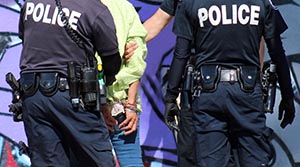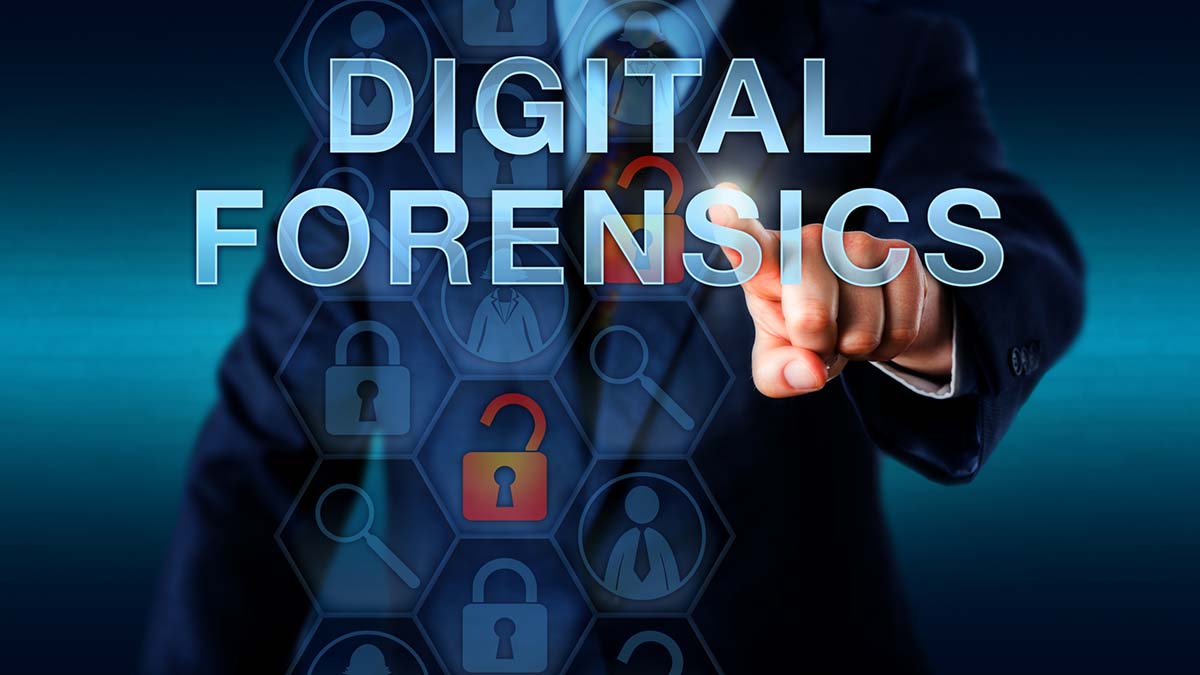Violent police encounters and police officer involved shootings have dominated the national press for some time. Such encounters have led to mass protests; much-needed examinations of police policies, procedures and training; and pleas for better relations between the police and the communities they serve. One result has been the call for body worn video cameras that record encounters between police and citizens in real time. While not perfect, these body worn cameras can provide valuable evidence of what transpired at a given moment during what may have been a high stress encounter.
Such technology has been on display for many years. We have all witnessed the value-added, positive results in professional sports of the instant replay. When a referee’s call is disputed, within a matter of seconds multiple camera angles can be reviewed to determine whether the eyewitness – the official – made the correct call. Whether it’s a first down or a penalty in football or a 118 mph serve in tennis, today’s cameras with multiple angles and slow motion reduce human error. The instant replay provides a more accurate review of a fast-paced situation on the field.
Advances in police work have allowed similar reviews. For more than a decade, many police departments have video cameras mounted in their patrol cars that record motor vehicle stops, car chases and DWI field balance tests at the side of the road. Time and again these videos have proven their worth in confirming the report and testimony of the officer, or refuting it. In many cases, the video and audio recordings have been the “best evidence” of what actually transpired. These car-mounted cameras, however, can only record a limited field of view from a car and only when the officer positions the car stop or encounter with the person in the camera’s view.
Since many more police encounters occur beyond a car stop and the range of car mounted video cameras, the importance of body cameras has become self-evident. Technology has advanced so that cost-effective, light weight, portable and reliable body cameras can be worn by the average police officer. These cameras have the ability to record both video and audio of an encounter as in happens. Thus, the movements, actions and words of the officer, the person being questioned and the surrounding crowd can be memorialized for later review by both the defense attorney and the prosecutor. The National Association of Criminal Defense lawyers (NACDL), a highly- respected organization, recently released results of its Body Camera Task Force. The review examined the use of body worn cameras over a two-year period. The review resulted in a number of recommendations to enhance the accountability, transparency and evidentiary availability for use in court cases. Standardization of policies and procedures for the use of body worn cameras will enhance their reliability and potential use in reviewing many encounters. And while body worn cameras will not be dispositive in every case, as they can only capture certain angles and moments in time, they will certainly add valuable information to independent views of unfolding, stressful encounters between the police and civilians. Systematic use of these cameras will help insure the safety of both the police and the public. When both sides are aware that they are being recorded, actions may be tempered and behavior may be more civil. A number of studies have demonstrated that when body cameras are worn the number of complaints against the police have dramatically reduced and the use of force has substantially decreased.
Opposition to body worn cameras by some members of law enforcement is seemingly a combination of issues of privacy, not wanting every encounter to be scrutinized by supervisors and citizen complaint boards, and a general reluctance to change. Hopefully reason will prevail and body worn cameras will be viewed by all as another advancement for the safety and protection of the public and police.
Stahl Gasiorowski Criminal Defense Lawyers aggressively defend organizations and individuals charged with complex federal and state crimes. Founder Robert G. Stahl is recognized as one of the top criminal defense attorneys in the NY/NJ area for his skills, knowledge and success. To contact us to discuss your case, call 908.301.9001 for our NJ office and 212.755.3300 for our NYC office, or email us at rgs@sgdefenselaw.com.




Leave A Comment